CRISPR/Cas9 and gene editing
CRISPR-Cas9 is a genome editing tool. It is a unique technology that enables geneticists and medical researchers to edit parts of the genome by removing, adding or altering sections of the DNA sequence. It is faster, cheaper and more accurate than previous techniques of editing DNA and has a wide range of potential applications.

09/07/18 Gene edited monkeys offer hope for heart disease patients
For the first time, researchers have used gene-editing tools in adult monkeys to disable a gene throughout much of the liver. The approach lowered blood cholesterol levels, suggesting a treatment for heart disease. The study could also pave the way for treating certain genetic diseases caused by a defective, havoc-causing protein.
https://www.sciencemag.org/news/2018/07/gene-edited-monkeys-offer-hope-heart-disease-patients
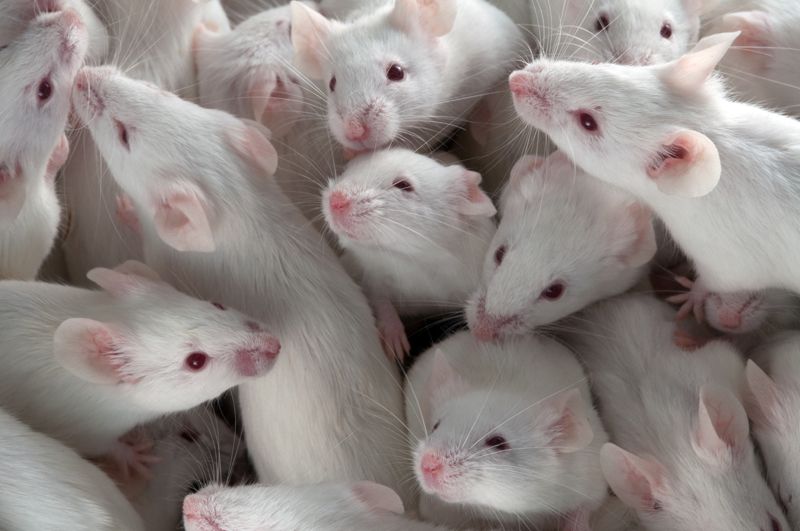
06/07/18 Controversial CRISPR ‘gene drives’ tested in mammals for the first time
A controversial technology capable of altering the genomes of entire species has been applied to mammals for the first time. In an article1 researchers describe developing ‘gene drives’ — which could be used to eradicate problematic animal populations — in lab mice using the CRISPR gene-editing technique.
Gene drives ensure that chosen mutations are passed on to nearly all an animal’s offspring. They have already been created in mosquitoes in the lab, as a potential malaria-control strategy. Researchers have raised the possibility that the technology could help to kill off invasive rats, mice and other rodent pests. But the latest study dashes hopes of that happening any time soon, say scientists. The technique worked inconsistently in lab mice, and myriad technological hurdles remain before researchers could even consider releasing the tool in the wild.
https://www.nature.com/articles/d41586-018-05665-1

24/06/18 Genetically modified animals

20/06/18 Scientists genetically engineer pigs immune to costly disease
Scientists have genetically engineered pigs to be immune to one of the world’s most costly animal diseases, in an advance that could propel gene-editing technology into commercial farms within five years. The trial, led by the University of Edinburgh’s Roslin Institute, showed that the pigs were completely immune to porcine reproductive and respiratory syndrome (PRRS), a disease that is endemic across the globe and costs the European pig industry nearly £1.5bn in pig deaths and decreased productivity each year.
https://www.theguardian.com/science/2018/jun/20/scientists-genetically-engineer-pigs-immune-to-costly-disease
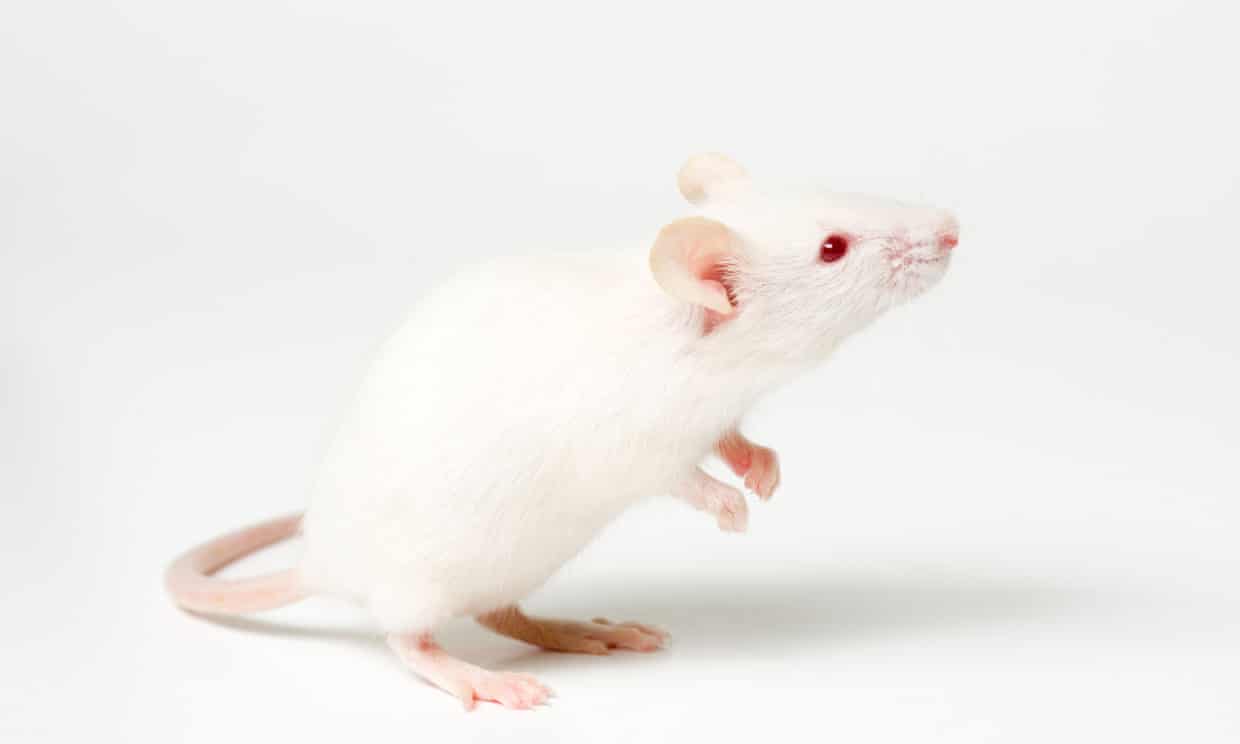
14/06/18 Sex-change mice research could help humans
Scientists have turned male mice into females by snipping out strands of their DNA in work that could shed light on sexual development disorders which arise in humans. The male mice grew ovaries and female genitalia instead of the more conventional male anatomy after researchers removed small chunks of DNA from the animals’ genetic code. The findings could help explain why people with XY chromosomes who are missing similar strands of DNA can go on to develop female sex organs, the scientists say. Males are typically born with X and Y chromosomes, while females have two Xs.
https://www.theguardian.com/science/2018/jun/14/sex-change-mice-research-could-help-humans-say-scientists
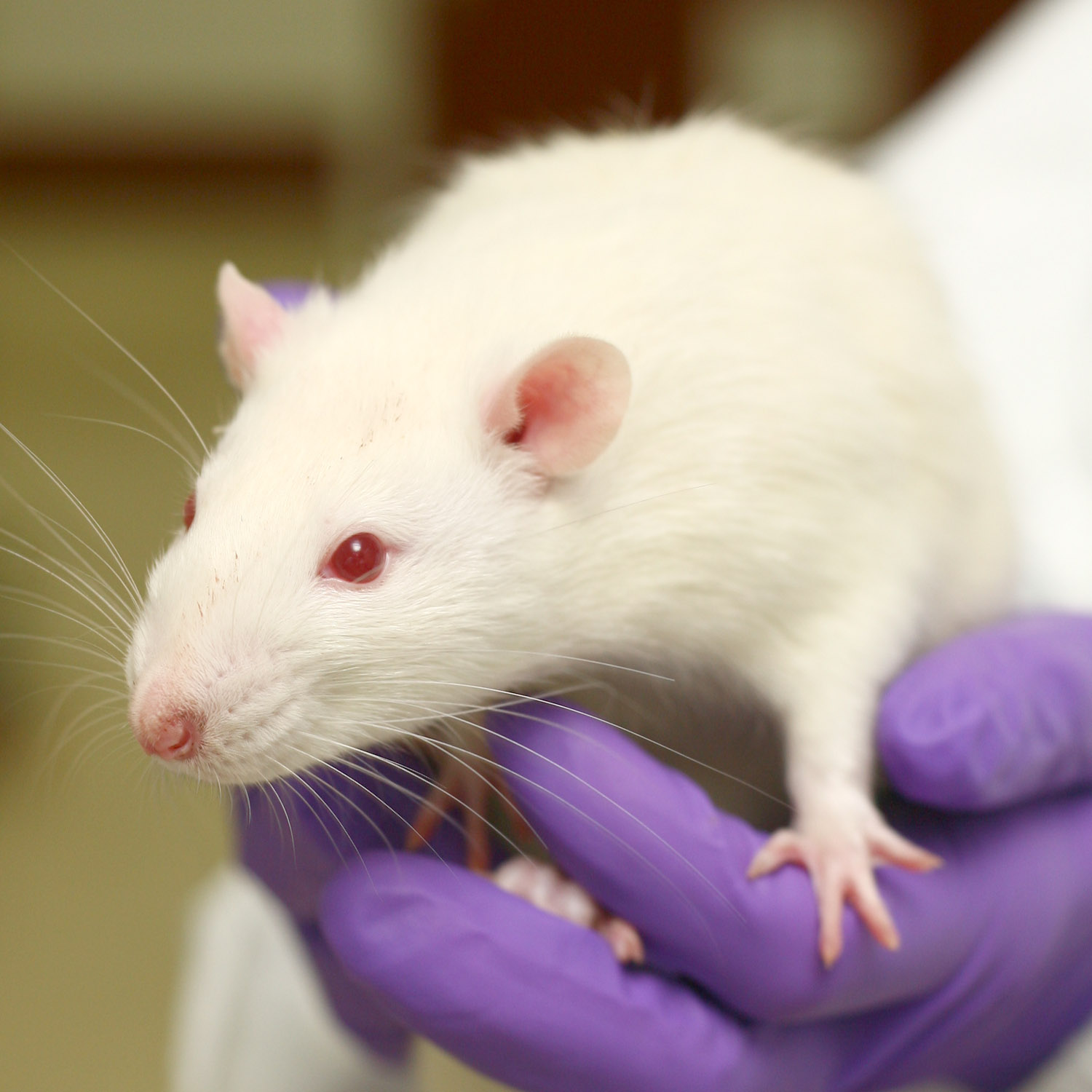
14/06/18 Gene therapy reverses rat's paralysis
Scientists say they have taken a significant step towards the goal of giving paralysed people control of their hands again. The team at King's College London used gene therapy to repair damage in the spinal cord of rats. The animals could then pick up and eat sugar cubes with their front paws. It is early stage research, but experts said it was some of the most compelling evidence that people's hand function could one day be restored.
https://www.bbc.com/news/health-44484901
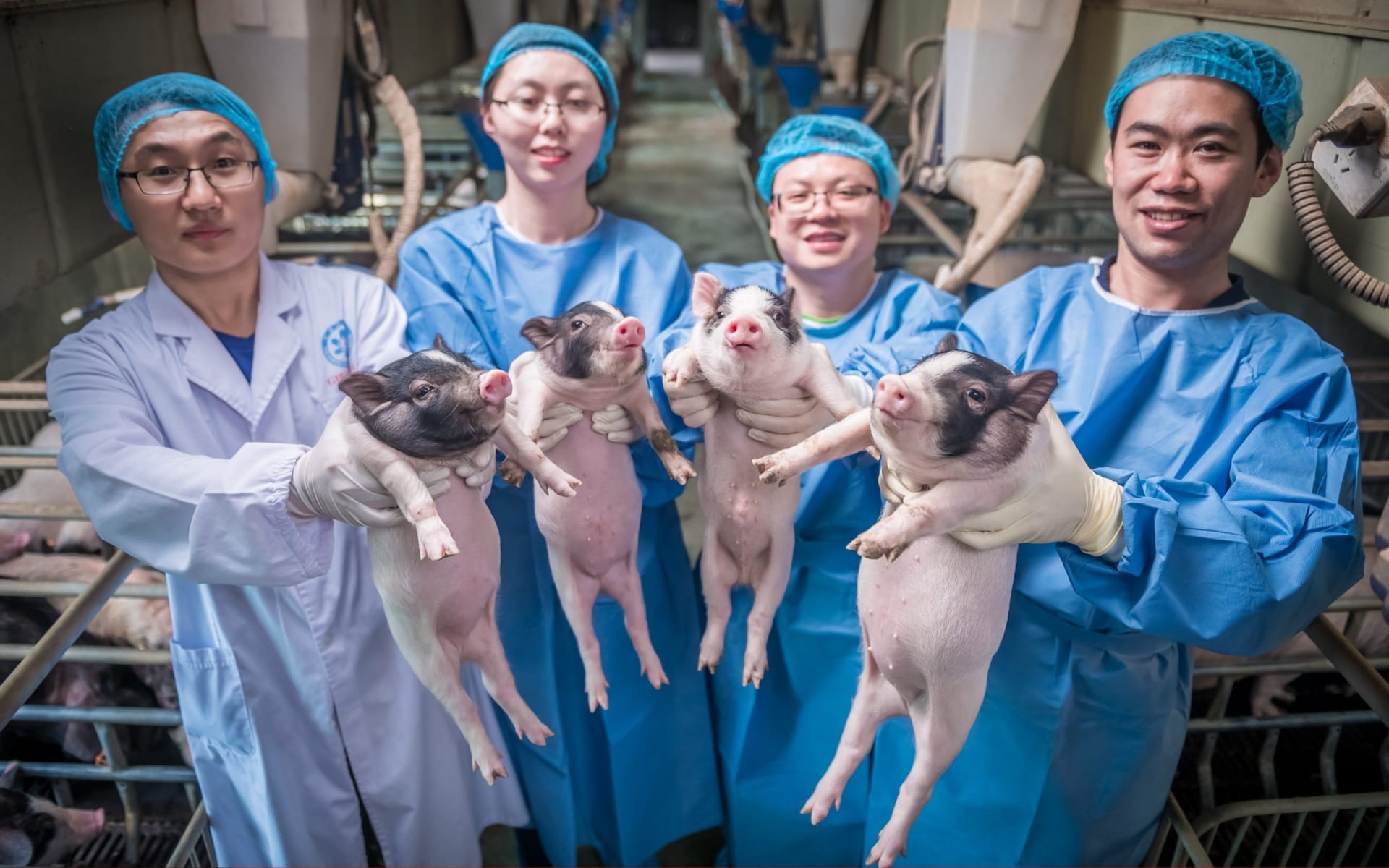
30/03/18 Huntington's disease pigs created in hope of gene editing breakthrough
Scientists have engineered the the world’s first pigs with Huntington’s disease in a development that could lead to a breakthrough for humans with the condition. The joint Chinese-American team used a genetic editing technique to introduce a segment of the human gene which causes the neurodegenerative disease.
Up to now, scientists have worked mainly on mice, but these do not display the full range of symptoms suffered by humans, and treatments which appeared promising on in the rodents have been found to be non-transferable. By contrast, the pigs have been showing respiratory difficulties, which resemble those experienced by humans with HD and are not seen in mouse with Huntington’s.
Crucially, the research teams at Jinan University and Emory University will be able to test wether it is possible to use the CRISPR-Cas9 gene editing technqiue - which has been likened to taking a pair of scissors to the genetic code - to edit out Huntington’s before trying it on humans.
https://www.telegraph.co.uk/science/2018/03/30/huntingtons-disease-pigs-created-hope-gene-editing-breakthrough/

17/03/18 Scientists on brink of overcoming livestock diseases through gene editing
Farming is poised for a gene editing revolution that could overcome some of the world’s most serious livestock diseases, the UK’s top animal scientist has said. Prof Eleanor Riley, director of the Roslin Institute in Edinburgh, said new techniques will soon allow breeders to genetically engineer disease resilience and, in some cases, immunity into pedigree animals, saving farmers millions of pounds a year.
https://www.theguardian.com/science/2018/mar/17/scientists-on-brink-of-overcoming-livestock-diseases-through-gene-editing
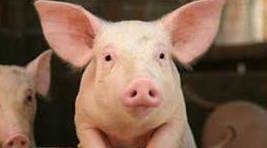
11/08/17 GM pigs take step to being organ donors
The most genetically modified animals in existence have been created to help end a shortage of organs for transplant, say US researchers.
The scientists successfully rid 37 pigs of viruses hiding in their DNA, overcoming one of the big barriers to transplanting pig organs to people. The team at eGenesis admits preventing pig organs from being rejected by the human body remains a huge challenge. But experts said it was a promising and exciting first step.
http://www.bbc.com/news/health-40886600

01/02/17 Genome editing technology, CRISPR/Cas9, used to produce bovine tuberculosis resistant cattle
Researchers from Northwest A&F University might have produced bovine tuberculosis resistant cattle using the genome editing technology, CRISPR/Cas9. Previously, a mouse gene was inserted into cattle in an attempt to boost protection against TB. Bovine TB is a risk in many countries, including parts of the UK, Africa and Asia therefore this technology could have widespread uses in agriculture. However, it is not clear what would happen if the transgenic cattle were exposed to tuberculosis in normal conditions.
http://www.bbc.co.uk/news/science-environment-38810073
Last edited: 20 November 2018 16:24










